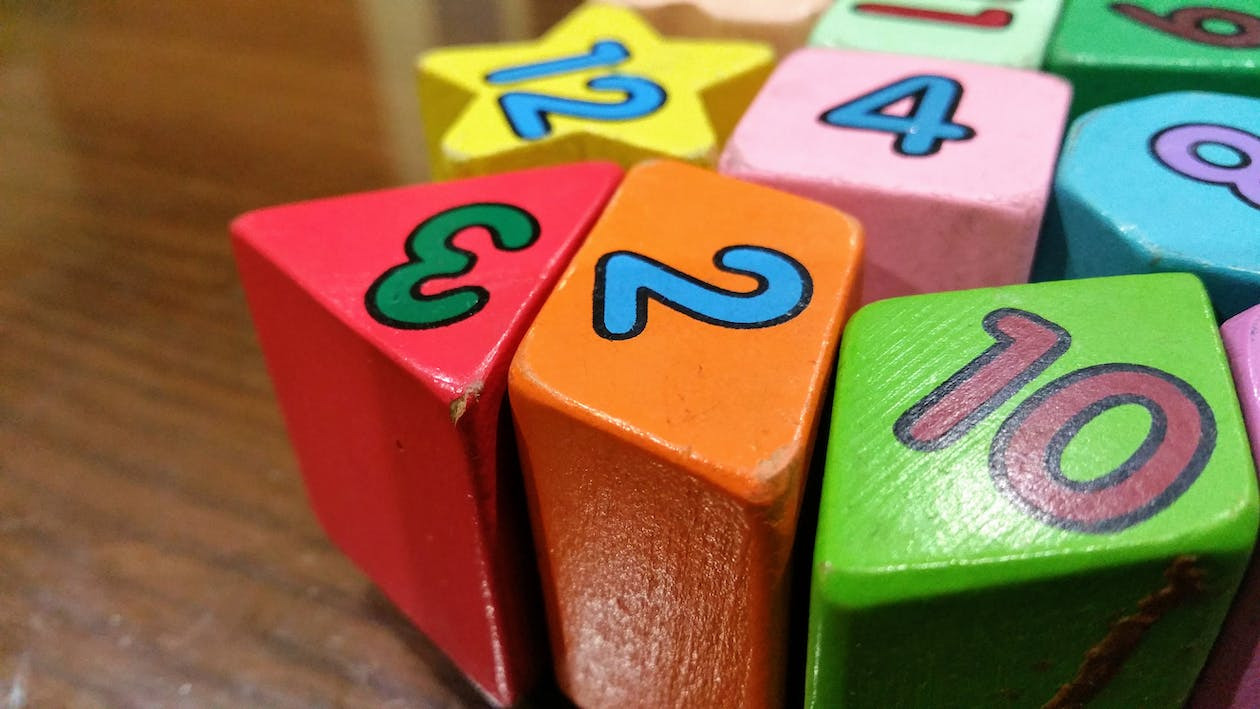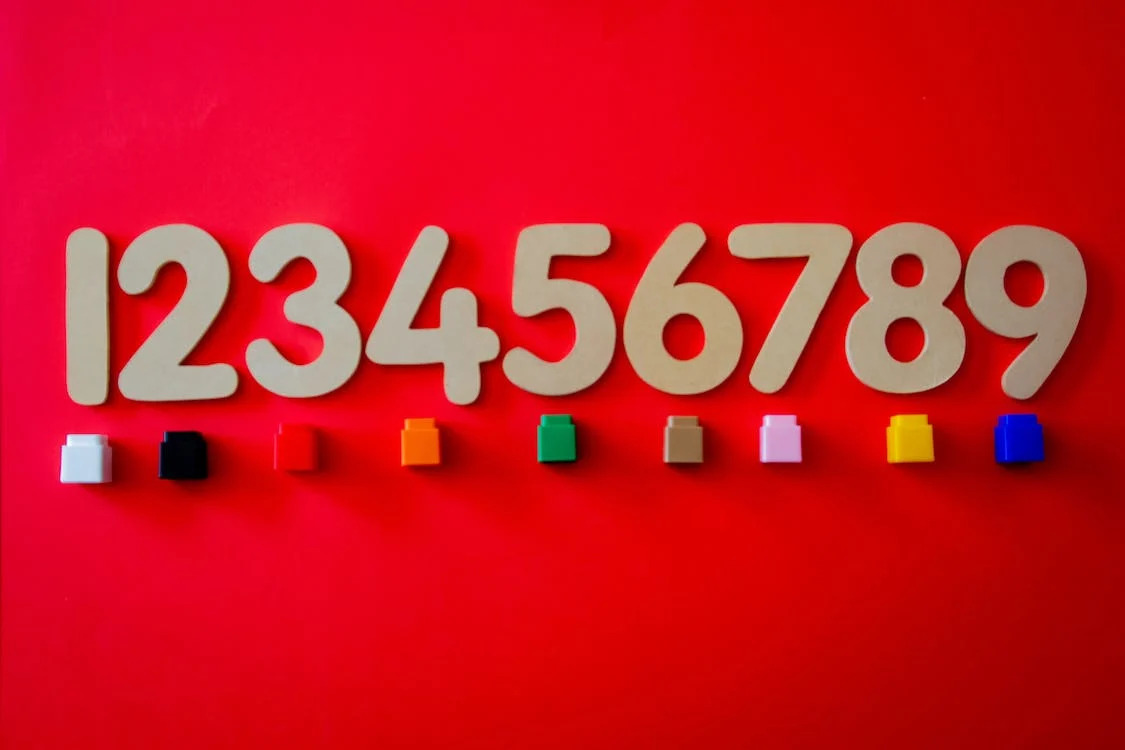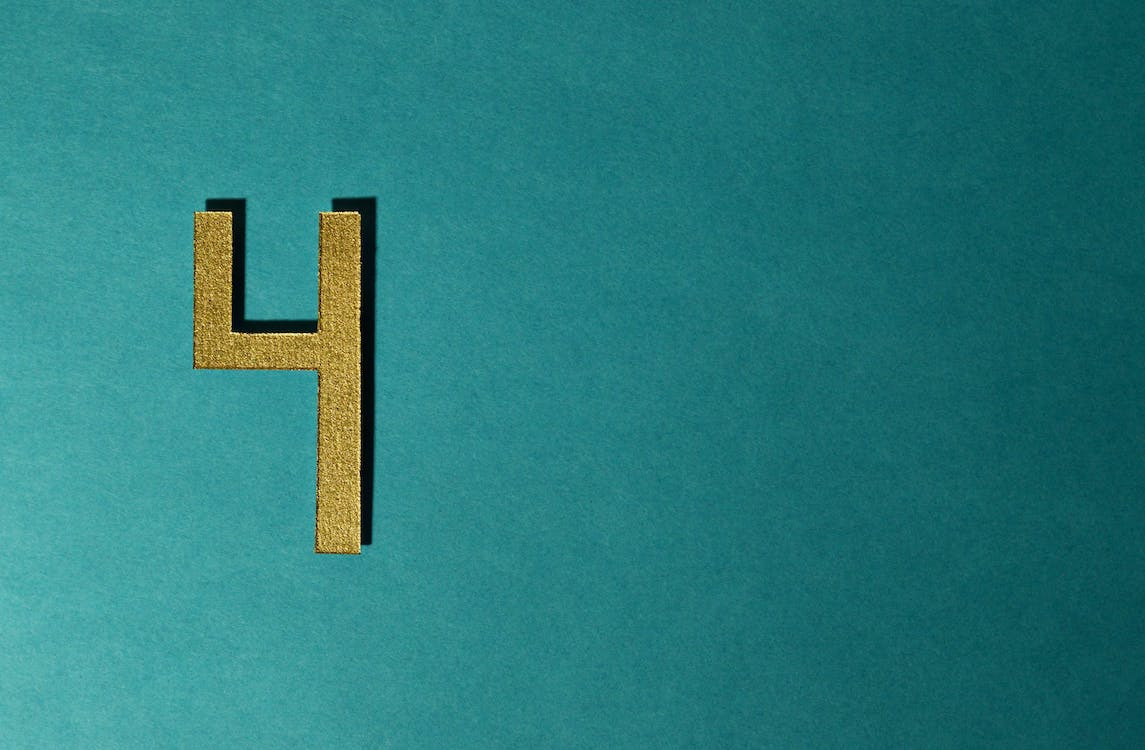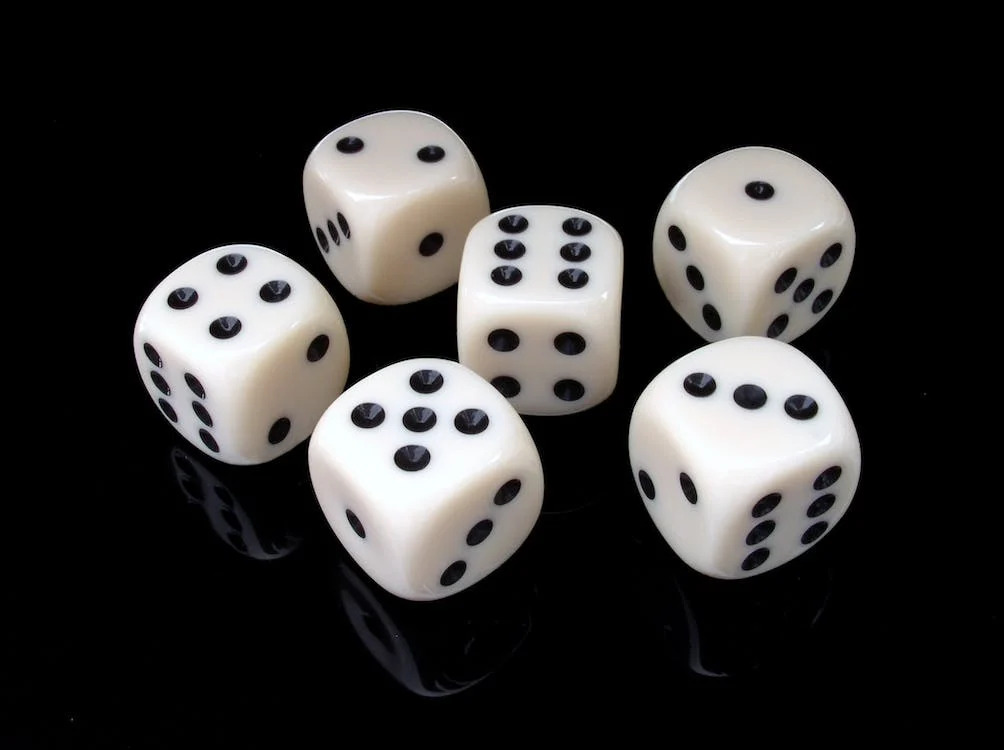Numbers are an integrated part of our lives. They are no longer pure tools for calculations and math but also cultural symbols.
Chinese people believe that some numbers represent luck, while some bring bad fortune. If you believe in numbers, follow this list of lucky and unlucky Chinese numbers. Now, let’s dive into this post for more details!
The Meaning of Numbers in Chinese Culture
There isn’t any specific scientific evidence that proves a number is lucky or unlucky. It depends on people’s beliefs and inspiration from popular myths.
Yet, lucky and unlucky numbers carry significant meanings for Chinese people. They will have very bad feelings when an unlucky number shows up on important occasions or times.
Plus, Chinese people prioritize lucky numbers for important occasions. For instance, they choose a lucky date to host a wedding party or open a business.
The numerical superstitions in China come mainly from how that number sounds. If a number is pronounced nearly like a negative bad word, it’s considered unlucky.
So, are you excited to discover this list of good and bad Chinese numbers? If the answer is yes, let’s start our list.

Lucky Chinese Numbers
There are a lot of lucky numbers in China, but most of them are one-digit or two-digit. You will also be surprised when seeing the number 13, which is considered unlucky in Western cultures.
The Number 8
In Chinese, the pronunciation of 8 is like “fa”, which means wealth and prosperity. The number 8 is undeniably the luckiest number in Chinese culture.
You can find many Chinese websites and signs with the number 88, which means double happiness. Another instance is that the Beijing Summer Olympics held its opening ceremony on 8 August 2008.
The Number 6
Chinese culture regards the number 6 as luck and flow. If you want to wish a relationship or business to go smoothly, use this number.
The Number 9
9 is the favorite number of weddings and birthday celebrations. It’s because this number sounds like “eternity” in Chinese. Therefore, 9 is a sign of longevity, wishing one thing to last forever.
The Number 2
Harmony and balance are two important characteristics of Chinese culture. Therefore, whole and even numbers like 2 or 0 often carry positive meanings for Chinese people.
When it comes to money, Chinese people love using the number 2. Pronounced as Liang or “er”, this number represents balance and symmetry. Chinese people love using things in pairs, so they favor the number 2.
You can notice that the number shows up on many signs, banners, and wedding decorations.
The Number 3
The number 3, or “san”, sounds like the word “birth” in Chinese. Chinese people believe that the number 3 represents three important stages of human life: birth, marriage, and death.
However, this number is only sometimes a lucky one in Chinese numbers. Some people think that it sounds similar to the word “to split” or “to break apart”. Therefore, 3 is sometimes an unlucky number in this country.
The Number 5
The number five represents the five elements in nature: wood, metal, water, fire, and Earth. In addition, this number also carries significant meanings in Chinese history.
There is a gate that leads to a forbidden city named Tiananmen, which comes with 5 arches for instance. You can also find many there classifications with this number, such as the five flavors.
The Number 7
Like the number 3, the number 7 carries both positive and negative meanings in Chinese culture. Firstly, this number sounds like “rise” or “start”, making it an ideal number for relationships and businesses.
For instance, the Qixi Festival, or the Chinese version of Valentine’s Day, is on the seventh day of the seventh month (July). However, July is also the time when ghosts and dead spirits come back to Earth.
The Number 13
The number 13 is notoriously unlucky in Western cultures, and the origin of this superstition comes from Norse mythology. Yet, 13 is considered a lucky number in Chinese culture.
In China, this number means “to thrive” and “to grow” or “forever”. Therefore, Chinese people regard it as a symbol of longevity and health.

Unlucky Chinese Numbers
If you travel in China or interact with Chinese people, avoid using these numbers on important occasions. Sometimes it’s very annoying for the Chinese to encounter these unlucky numbers.
The Number 4
Most Chinese people who believe in numerical superstitions won’t like the number four. In rhymes, this number sounds similar to death.
When visiting many Chinese buildings and restaurants, don’t be surprised if you don’t see the number 4 on their signs. Some elevators also skip this number and name the fourth floor as “5”.
In China, you should not send someone a gift or an amount of money in this number. It will leave the receiver with a very negative impression of you as it’s an inauspicious action.
The Number 3
In Mandarin, the official language of the China Republic, the number 3 sounds like “break apart”. Thus, it is an unlucky number for relationships.
So, you should not give someone who is in a relationship a gift with this number. Also, romantic occasions and weddings avoid using the number 3 on their signs.

Final Thoughts
Don’t worry much if your favorite numbers show up in the unlucky list. It’s because this list is based purely on myths and beliefs. Yet, sometimes believing in a superstition can bring you more peace of mind and excitement in life.
Suppose you love one certain number because it brings good fortune and meaning to your life. Then, stick with that number and live with joy!
Thank you for spending time on this post!

